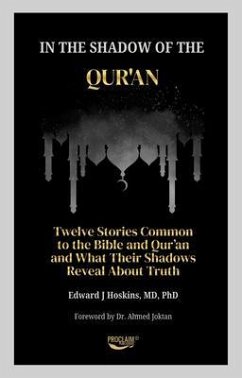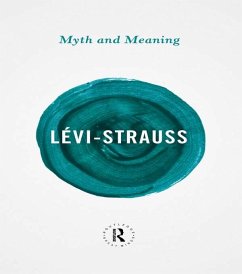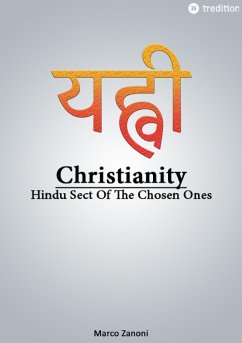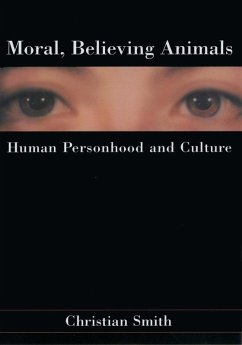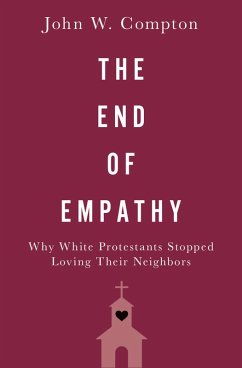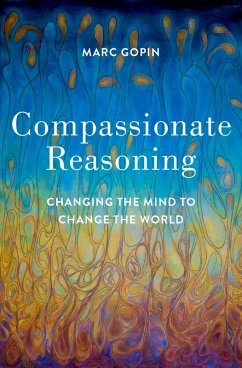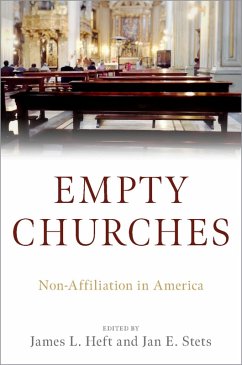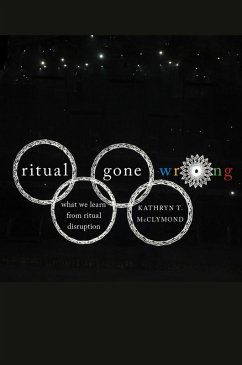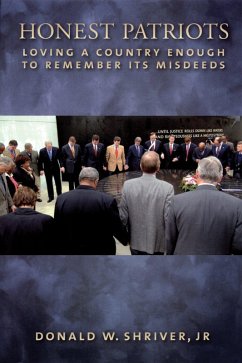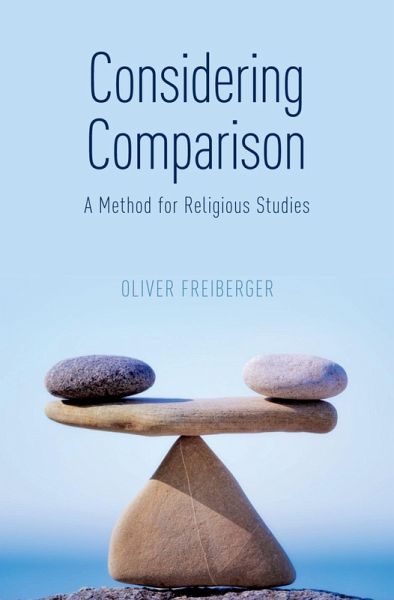
Considering Comparison (eBook, ePUB)
A Method for Religious Studies
Versandkostenfrei!
Sofort per Download lieferbar
46,95 €
inkl. MwSt.
Weitere Ausgaben:

PAYBACK Punkte
23 °P sammeln!
The comparative method is an integral part of religious studies. All the technical terms that scholars of religion use on a daily basis, such as ritual, hagiography, shrine, authority, fundamentalism, hybridity, and, of course, religion, are comparative terms. Yet comparison has been subject to criticism, including postcolonialist and postmodernist critiques. Older approaches are said to have used comparison primarily to confirm preconceptions about religion. More recently, comparison has been criticized as an act of abstraction that does injustice to the particular, neglects differences, and ...
The comparative method is an integral part of religious studies. All the technical terms that scholars of religion use on a daily basis, such as ritual, hagiography, shrine, authority, fundamentalism, hybridity, and, of course, religion, are comparative terms. Yet comparison has been subject to criticism, including postcolonialist and postmodernist critiques. Older approaches are said to have used comparison primarily to confirm preconceptions about religion. More recently, comparison has been criticized as an act of abstraction that does injustice to the particular, neglects differences, and establishes a mostly Western power of definition over the rest of the world. In this book, Oliver Freiberger takes a closer look at how comparison works. Revisiting critical debates and examining reflections in other disciplines, including comparative history, sociology, comparative theology, and anthropology, Freiberger proposes a model of comparison that is based on a thorough epistemological analysis and that takes both the scholar's situatedness and his or her agency seriously. Examining numerous examples of comparative studies, Considering Comparison develops a methodological framework for conducting and evaluating such studies. Freiberger suggests a comparative approach - which he calls discourse comparison - that confronts the omnipresent risks of decontextualization, essentialization, and universalization. This book makes a case for comparison, arguing that it is indispensable for a deeper analytical understanding of what we call religion. The book is intended to enrich the practice of both aspiring and seasoned comparativists, stimulate much-needed further discussions about comparative methodology, and encourage more scholars to produce responsible comparative studies.
Dieser Download kann aus rechtlichen Gründen nur mit Rechnungsadresse in A, B, BG, CY, CZ, D, DK, EW, E, FIN, F, GR, HR, H, IRL, I, LT, L, LR, M, NL, PL, P, R, S, SLO, SK ausgeliefert werden.




